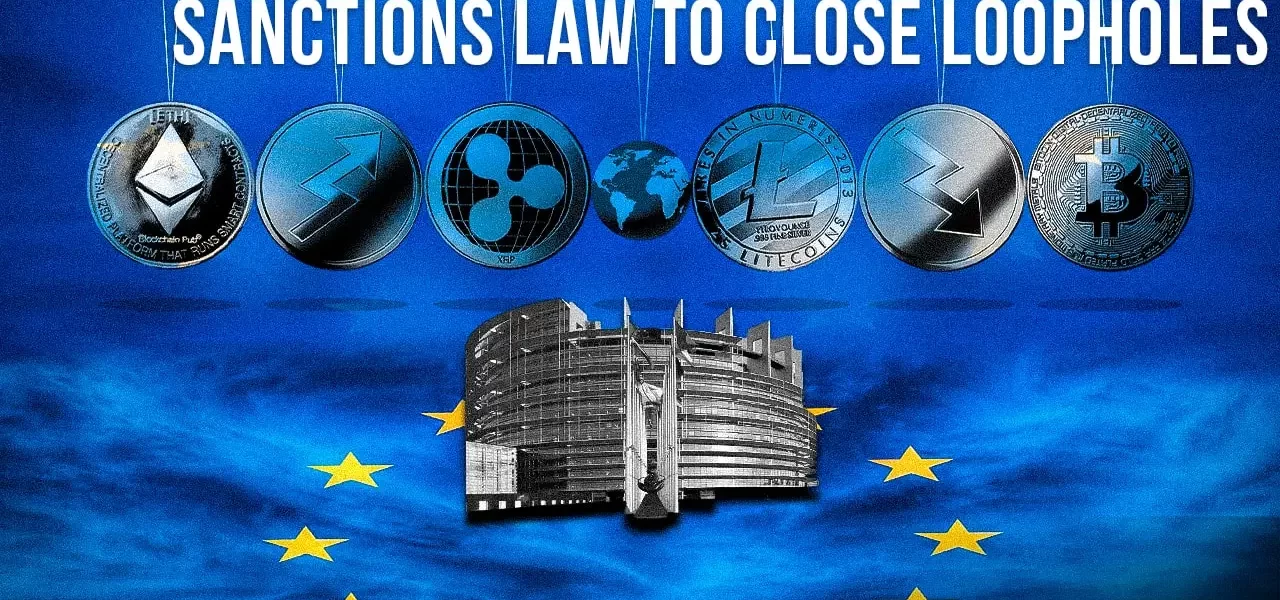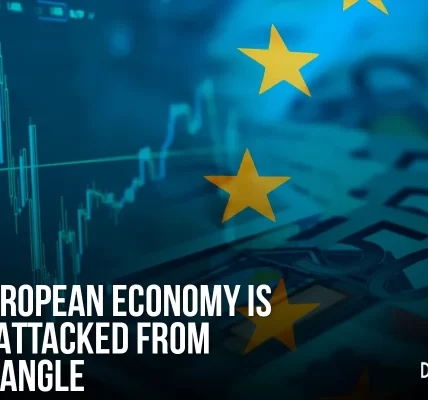In a bid to bolster the enforcement of sanctions, the European Parliament has endorsed the implementation of new regulations extending to cryptocurrency assets. The objective behind this legislation is to streamline the enforcement of sanctions across the European Union’s 27 member states, aiming to rectify existing disparities and close loopholes that have hindered the efficacy of EU sanctions.
The recent approval by the European Parliament marks a significant step toward fortifying measures against breaches of sanctions, particularly those involving cryptocurrencies. The overwhelming support for these measures from legislators representing the EU’s 27 member states, with 543 votes in favor, 45 against, and 27 abstentions, underscores the urgency of addressing concerns, notably heightened by Russia’s invasion of Ukraine, regarding the circumvention of EU financial sanctions against Russia.
This legislative initiative seeks to address the inconsistencies that have impeded the EU’s ability to enforce sanctions consistently. While the EU possesses the authority to impose sanctions at the supranational level, the responsibility for enforcing these sanctions rests with individual member states. This decentralized enforcement approach has resulted in a fragmented landscape of enforcement practices, characterized by significant variations in the definitions of sanction violations and corresponding penalties.
The lack of uniformity in enforcement not only undermines the effectiveness of sanctions but also creates opportunities for entities to exploit regulatory gaps, particularly in the realm of cryptocurrency transactions and asset transfers. The EU strengthens its stance against attempts to circumvent sanctions by introducing standardized definitions for violations and enforcement practices.
These measures encompass actions such as failure to freeze funds, breaching travel bans, transferring funds to sanctioned individuals, or engaging in business dealings with state-owned entities from countries subject to sanctions.
The inclusion of cryptoassets within the EU sanctions framework reflects a proactive response to technological advancements aimed at closing off avenues for sanctions evasion. Following the European Parliament’s endorsement, the legislation now awaits approval from the Council.
In January 2024, European Union officials tentatively agreed on key components of an extensive regulatory framework to combat money laundering, mandating all cryptocurrency firms to conduct thorough customer due diligence. The Anti-Money Laundering Regulation (AMLR) represents a comprehensive initiative aimed at thwarting both sanctions evasion and money laundering, introducing a unified set of rules, and establishing a supervisory body with oversight responsibilities for the cryptocurrency industry.
This underscores the EU government’s proactive stance on regulating cryptocurrency usage. While cryptocurrency remains legal within the EU, authorities are taking proactive steps to ensure that investors operate within a regulated framework and manage their assets under oversight to prevent illicit activities.





